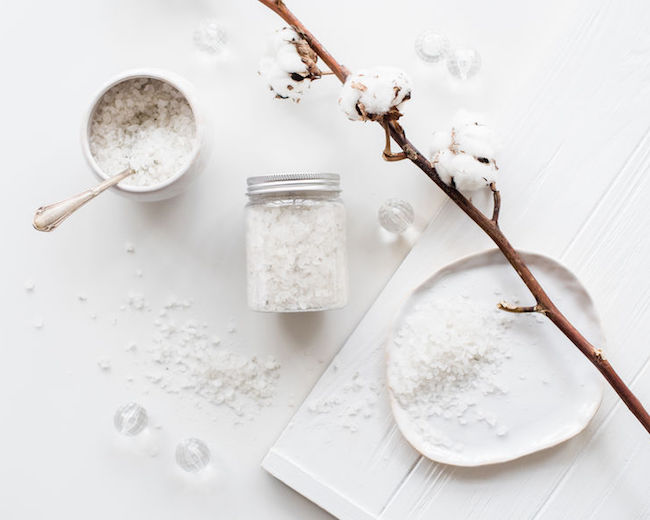Is mineral skincare worth the hype?
Mineral make-up is made from pure minerals and leaves out potential irritants like parabens, binders and fillers so it’s naturally hypoallergenic and a good choice for anyone with sensitive skin.
Mineral skincare, however, is having quite the moment. While these products aren’t made up entirely of minerals, the best kind contain enough of them for you to reap the rewards.
What are the benefits of mineral skincare?
Many minerals are essential to your health and can offer fantastic benefits for your skin. Zinc, for example, is essential to wound healing and can help control the production of oil when used topically. This is why it’s a popular inclusion for skincare lines aimed at those with acne-prone skin. Another popular way to include minerals in your skincare routine is to look out for brands that make use of mineral-rich water, such as Vichy and Avene.
Sea minerals that soothe
One of the most popular mineral clusters found in skincare are those that come from the Dead Sea, a giant saltwater lake on the border of Jordan and Israel. Dead Sea minerals include magnesium, sodium, calcium and potassium. For decades, studies have shown that floating in the Dead Sea’s mineral-rich waters can alleviate inflammatory skin conditions like eczema, psoriasis and acne. Today, skincare containing Dead Sea minerals are now more popular than ever.
Minerals in your sunscreen
Two of the most popular minerals used in skincare are titanium dioxide and zinc oxide. Known as the “sunscreen minerals”, they serve up a natural sun protection factor by physically blocking and reflecting UV light. Unlike chemical sunscreens, the mineral type aren’t absorbed by your skin so they’re a good option for babies, kids, the sensitive type and those prone to acne. Another plus? They start working from the moment that they’re applied, unlike chemical sunscreens that require about 15 minutes to sink into your skin before they can start protecting it.
IMAGE CREDIT: 123rf.com
Products featured in this article
-
POND'S
Pimple Clear Mineral Clay Cleansing Facial Scrub 81ml
R 50.00 -
Vichy
Mineral 89 Hyaluronic Acid Face Moisturizer 50ml
R 510.00 -
Avene
Thermal Spring Water 150ml
R 220.00 -
Alma K Dead Sea Minerals
Nourishing Night Cream 50ml
R 66.00 -
Clicks
Detoxifying Mud Dead Sea Face Mask 10ml
R 29.99 -
The Body Shop
Spa of The World Body Scrub Dead Sea Salt 350ml
R 50.00 -
Avene
SPF50+ Mineral Cream 50ml
R 330.00 -
Clinique
Mineral SPF50 Sunscreen Fluid For Face 30ml
R 445.00



